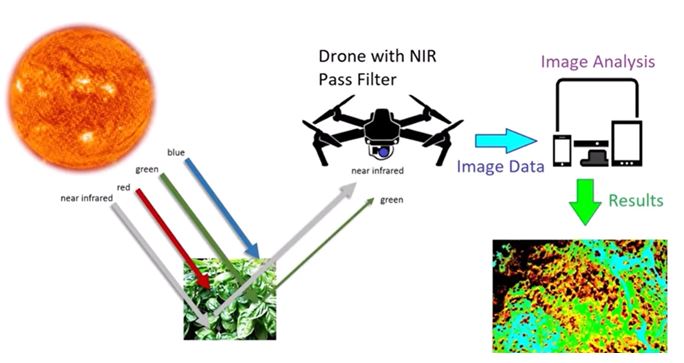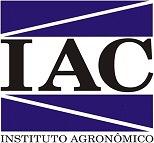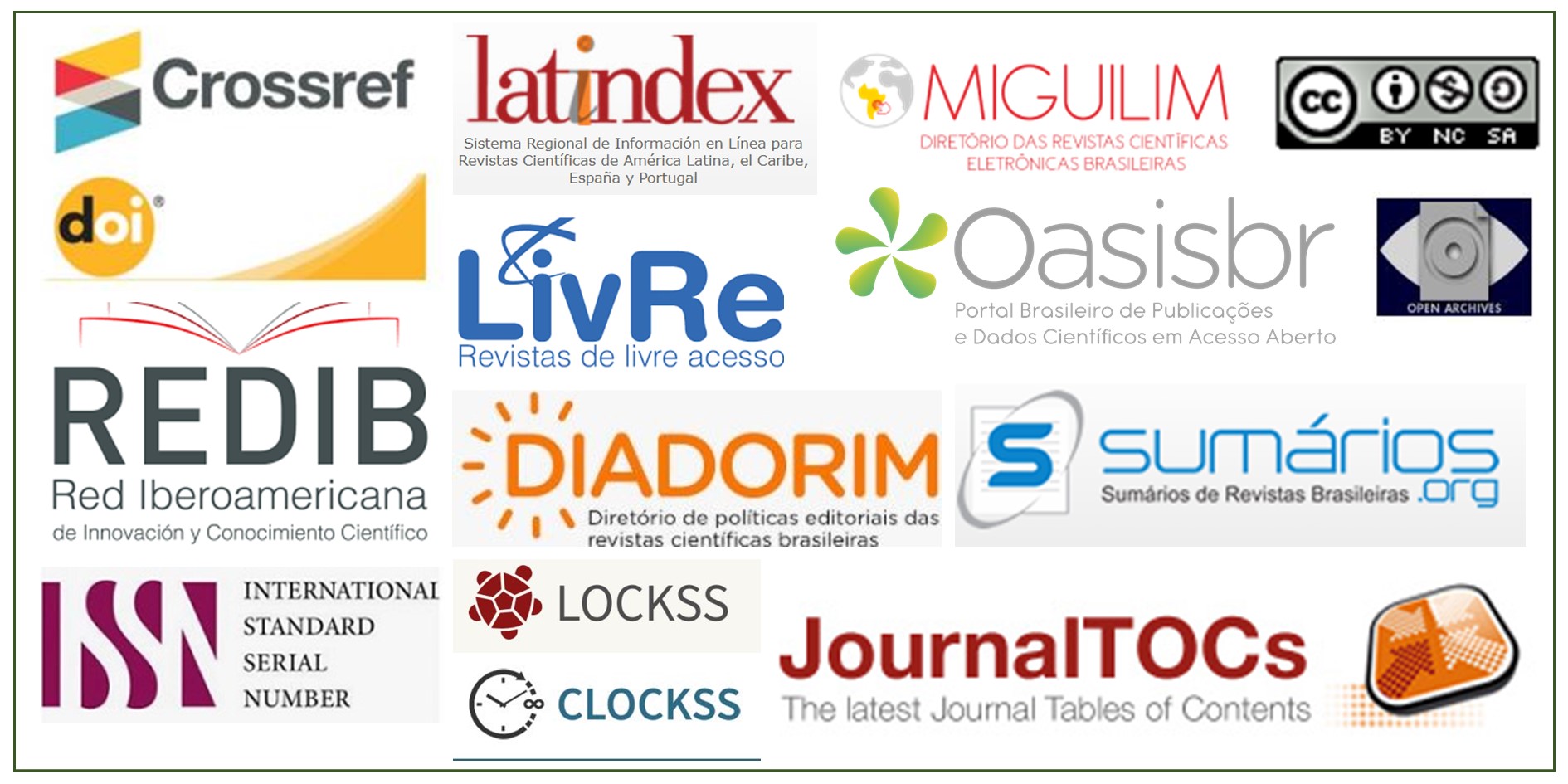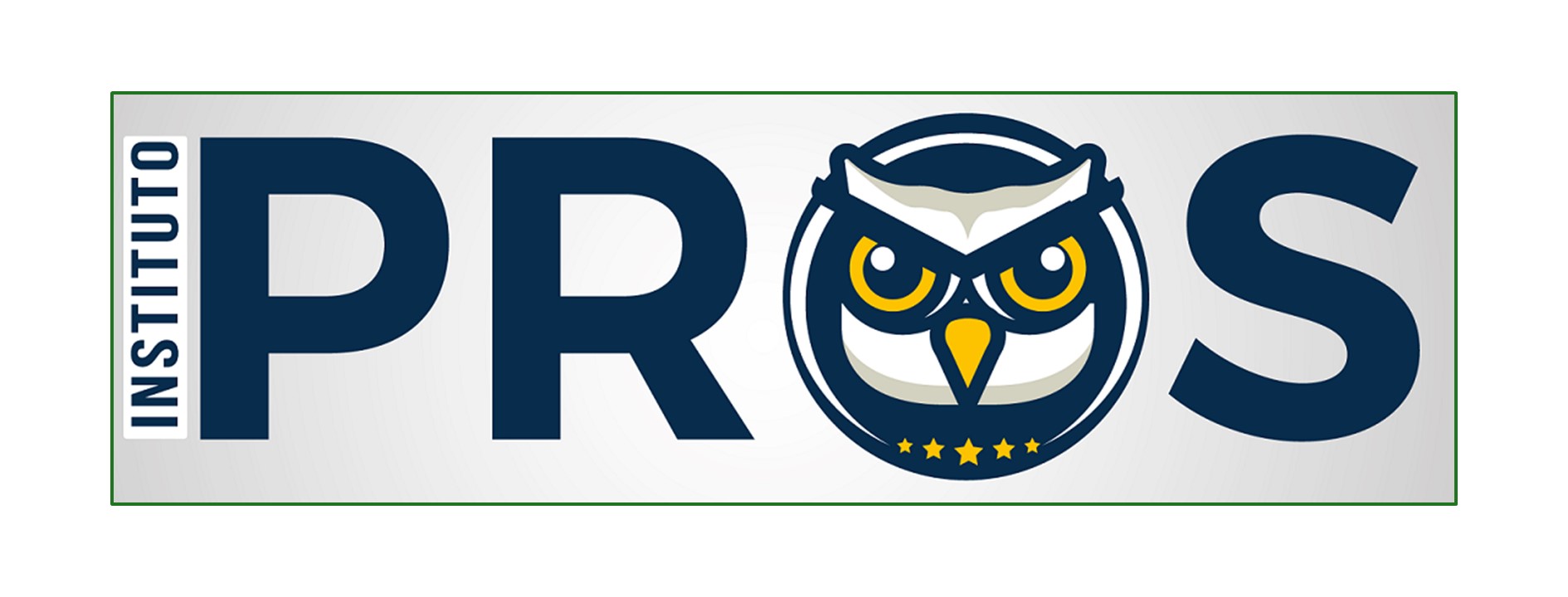Fenotipado de precisión en cultivos de maní para detectar déficit hídrico
DOI:
https://doi.org/10.17648/sas.v1i2.64Palabras clave:
Arachis hypogaea L., Método não-destrutível, Estresse hídrico, VANTsResumen
El maní es una oleaginosa conocida por tener el potencial de ser cultivada en áreas con menor disponibilidad de agua, sin embargo, cuando se somete a la condición de estrés por déficit hídrico, provoca cambios en el sistema fisiológico y bioquímico, como el cierre del estoma, lo que reduce la sudoración y, en consecuencia, suministro de CO2 para la fotosíntesis, que dependiendo de las condiciones de manejo, estos daños pueden ser irreversibles. Así, la demanda de cultivares con mejor desempeño agronómico general en regiones con mayor limitación hídrica está aumentando, lo que lleva a los fitomejoradores a expandir sus experimentos buscando metodologías que reduzcan el tiempo entre la investigación y la introducción de sus resultados en el mercado. Una de las alternativas para la optimización experimental a gran escala y de alta calidad es el fenotipado mediante imágenes. Esta técnica abordada por la fenómica evalúa de manera eficiente imágenes digitales de alta calidad de experimentos de campo a través de vehículos aéreos no tripulados (UAV), obteniendo datos mediante análisis digitales correlacionados con bibliotecas de procesamiento de imágenes digitales. Al obtener estos datos, la medida de fenotipado se vuelve más precisa en relación a los descriptores con medidas manuales. El objetivo de este trabajo es evaluar la eficiencia de la fenotipificación en el cultivo de maní a través de imágenes digitales, asegurando precisión y practicidad para futuras investigaciones.
Descargas

Descargas
Publicado
Cómo citar
Número
Sección
Licencia
Autores concordam com os seguintes termos:
a) Os autores mantêm os direitos autorais e concedem à revista o direito de primeira publicação, com o trabalho simultaneamente licenciado sob a LicençaAttribution-NonCommercial-ShareAlike 4.0 International, que permite o compartilhamento do trabalho com reconhecimento da autoria e publicação inicial na Revista SAS. A licença permite o uso, a distribuição e a reprodução irrestrita, em qualquer meio, desde que devidamente citada a fonte. Essa licença permite também que outros remixem, adaptem e criem a partir do seu trabalho para fins não comerciais, desde que atribuam a você o devido crédito e que licenciem as novas criações sob termos idênticos.
b) Não cabe aos autores compensação financeira a qualquer título, por artigos ou resenhas publicados na South American Sciences.
c) Os conceitos expressos nos artigos publicados na South American Sciences são de inteira responsabilidade de seus autores.








